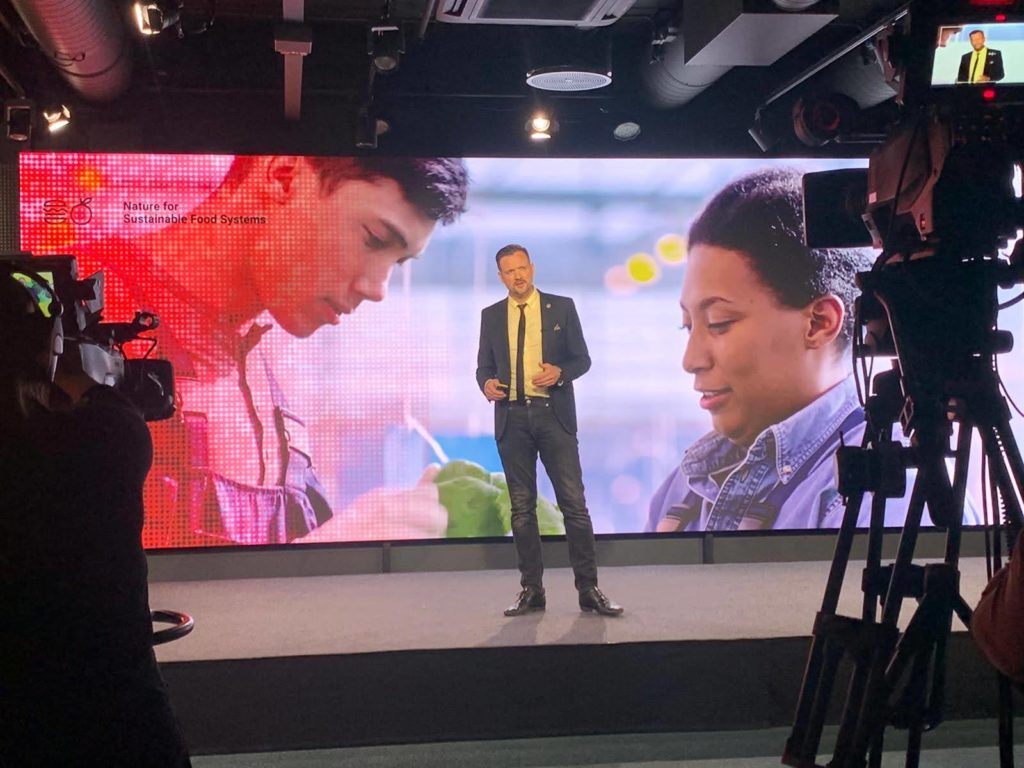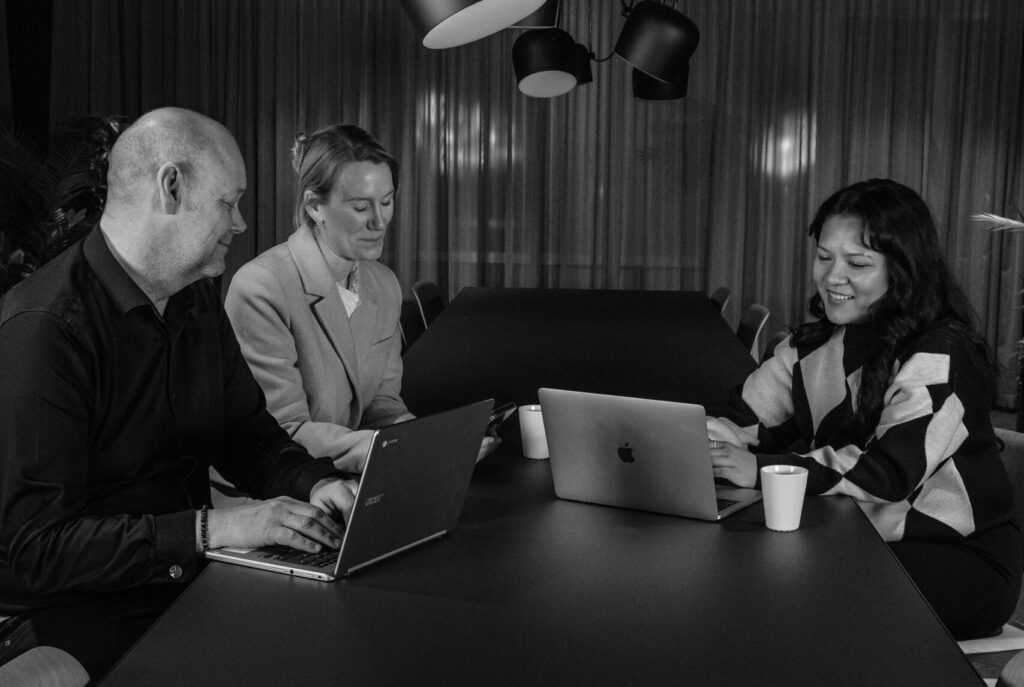In a world where climate and environmental challenges are becoming increasingly critical, it has become more important than ever to find sustainable solutions for events. Hybrid events, which combine physical and digital elements, provide a solution that can reduce the environmental impact and at the same time improve the participant experience. In this article, we will explore the benefits of hosting a hybrid event, focusing on sustainability and opportunities for interaction between physical and digital participants.

Reduced carbon footprint and environmental impact
One of the most significant advantages of hybrid events is the possibility of reducing the event's overall carbon footprint. By combining physical and digital elements, the number of participants who have to travel to the event can be reduced, which leads to fewer transport emissions. This is particularly relevant for international conferences and events, where long flights generate significant CO2 emissions. In addition, hybrid events can contribute to reduced consumption of resources such as food, drink and printed material, as a larger proportion of participants participate digitally.
Increased accessibility and participation
Hybrid events provide a unique opportunity to include a larger number of participants, regardless of geographic location, finances, or time constraints. This can be particularly valuable for people with disabilities, who may not be able to attend physical events. By offering a digital platform, you can reach a wider audience and create a more inclusive and diverse group of participants. This can also contribute to increasing the event's value, both for organizers and participants, by gaining access to a larger network and wider exchange of knowledge.
Strengthened interaction between physical and digital participants
Another advantage of hybrid events is the opportunity to create meaningful interactions between physical and digital participants. Modern technology, such as Tappin, can be used to create innovative solutions for communication and interaction. Some examples include:
- Live streaming of lectures and presentations, so that digital participants can follow the event in real time.
- Interactive chat rooms and discussion forums, where physical and digital participants can communicate and share ideas.
- Q&A sessions and panel debates, where digital participants can ask questions and participate in the discussion.
- Virtual networking sessions and social events, where physical and digital participants can mingle and build relationships through games, icebreakers and video conferencing.

Cost savings and financial sustainability
Hybrid events can also contribute to cost savings for both organizers and participants. By reducing the number of physical participants, organizers can save on expenses related to premises, food and drink, and logistics. Participants who participate digitally can also save on travel and accommodation costs. This can lead to financial sustainability, as the savings can be used to improve the quality of the event or invested in future events.
Flexibility and scalability
Hybrid arrangements provide a high degree of flexibility and scalability. Organizers can easily adapt the event according to the number of participants, and can easily adjust the ratio between physical and digital participants. This provides an opportunity to hold events even under uncertain conditions, such as pandemics or natural disasters, by reducing the physical participation and increasing the digital presence.
Conclusion
Hybrid events represent a sustainable and forward-looking solution for events of all types and sizes. By combining physical and digital elements, organizers can reduce environmental impact, increase accessibility and participation, strengthen interaction between physical and digital participants, and achieve financial savings. Through innovative use of technology and platforms, hybrid events can contribute to a more inclusive, engaging and sustainable future for events.